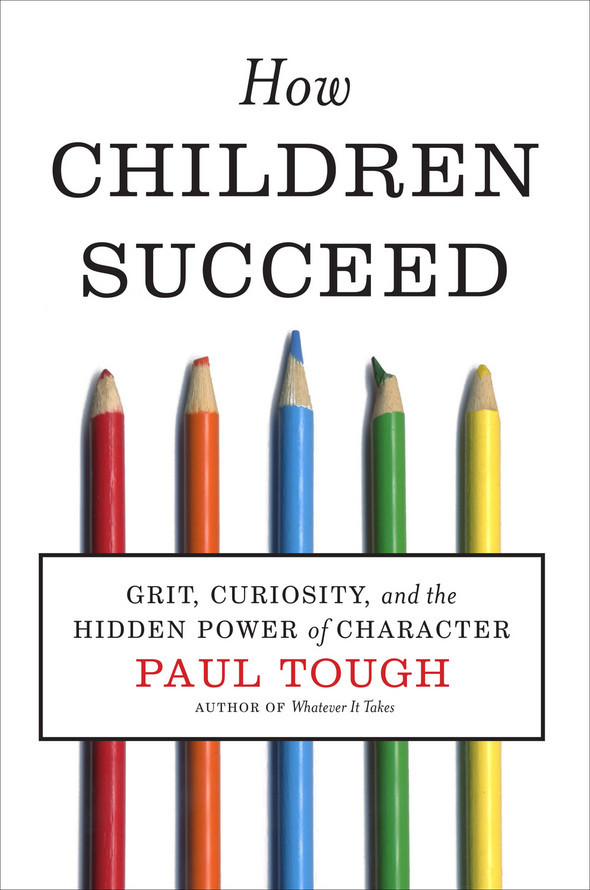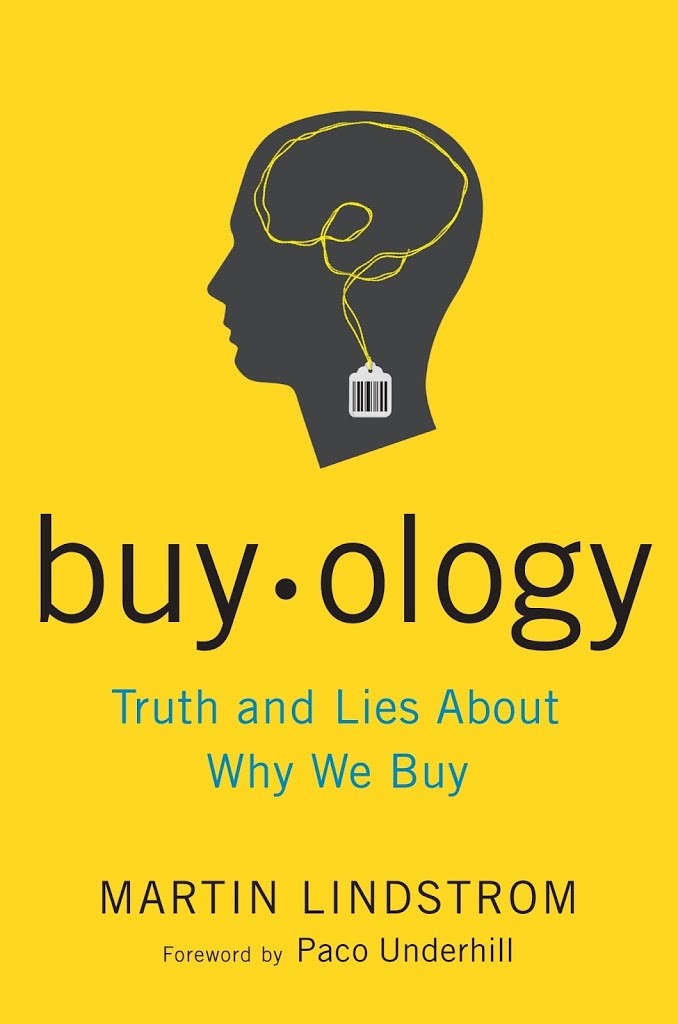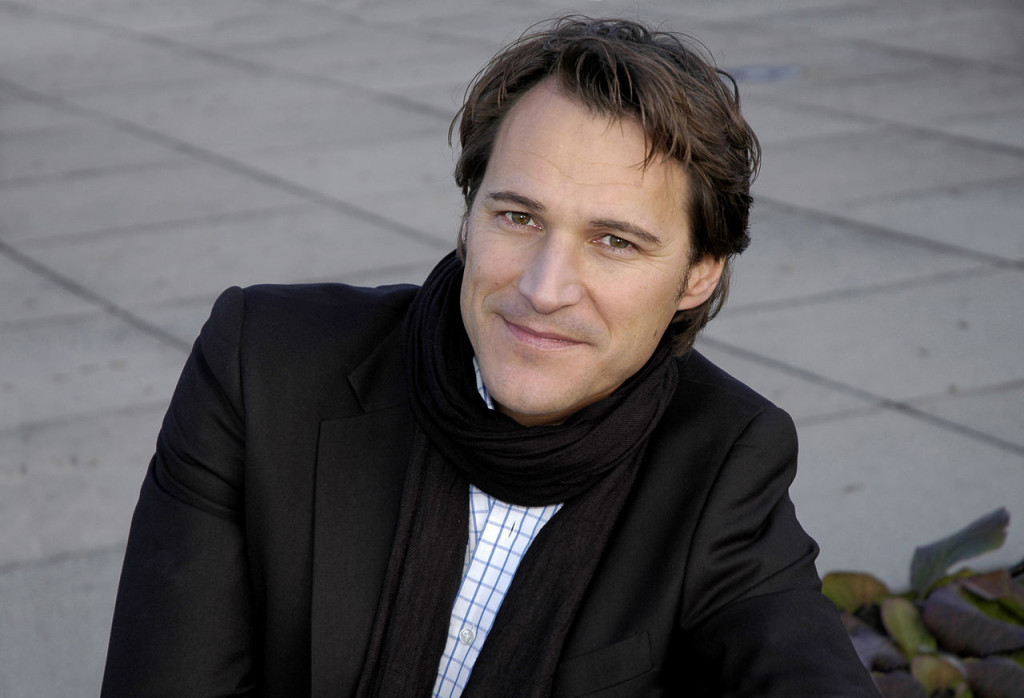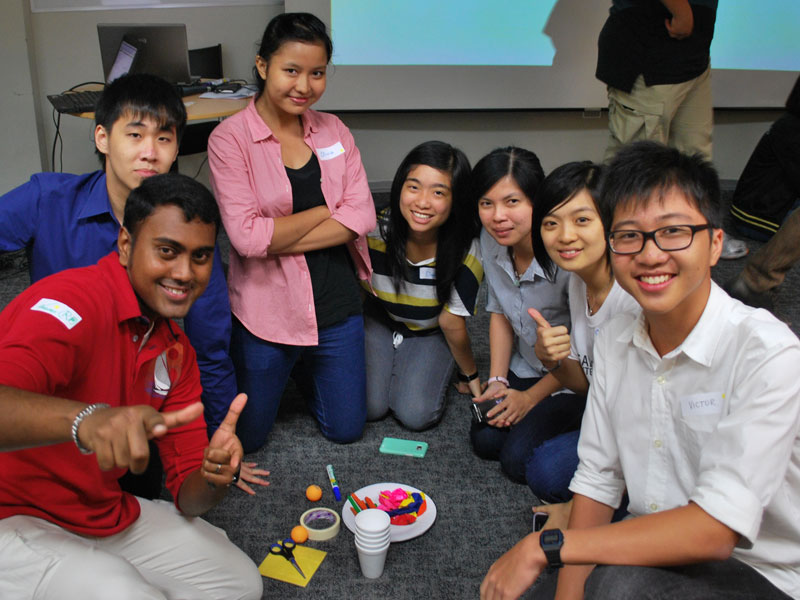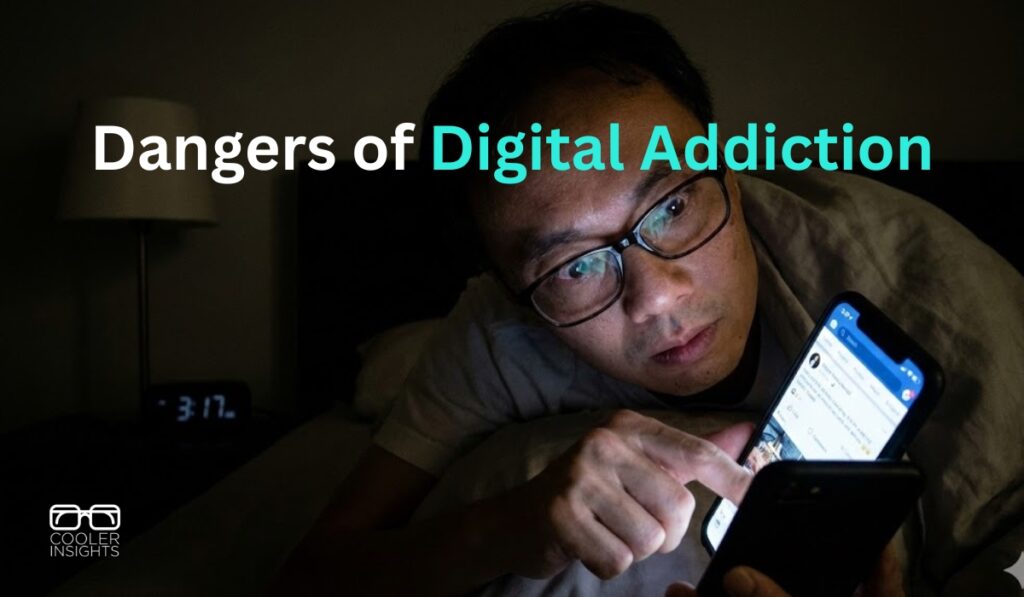Courtesy of Healthland.Time
Have you heard of the “marshmallow test” for kids?
First conducted by American psychologist Walter Mischel in the 1960s, the experiment involved putting four-year olds in a room with a marshmallow on a plate, and testing how long they could endure before popping that sweet morsel into their mouths.



